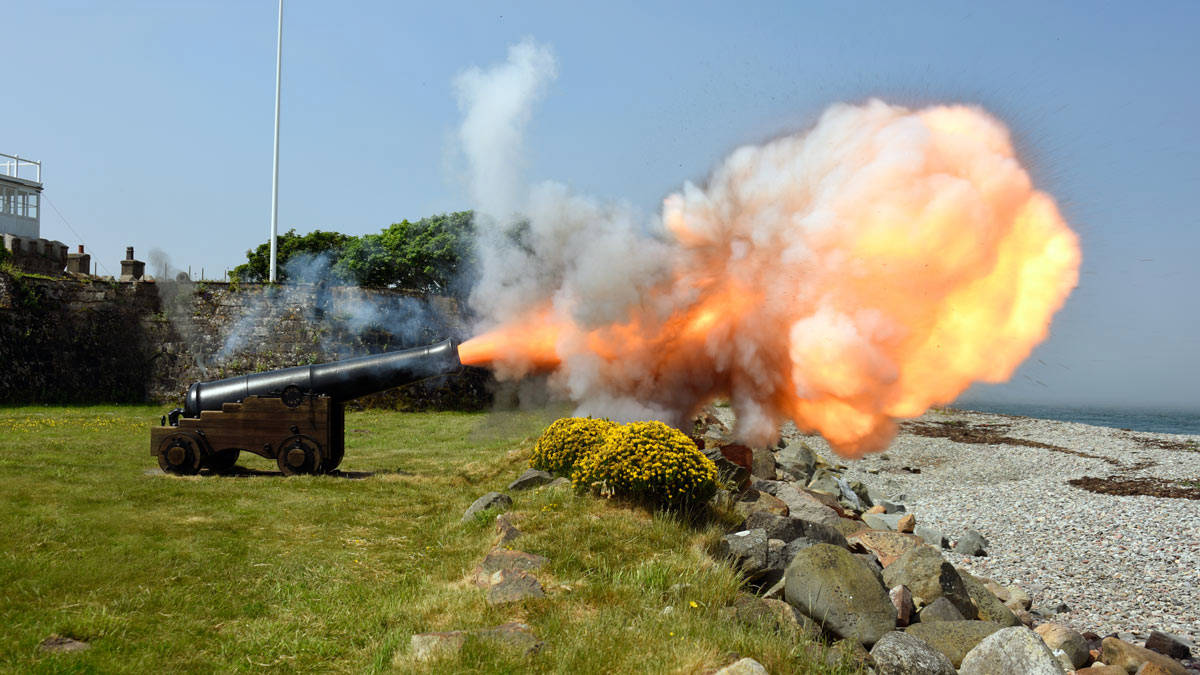QMines identifies new cluster of anomalies at the Artillery Road prospect within its Mt Chalmers copper-gold project
Work has also indicated that the prospect is part of a larger skarn system
Initial works such as ground truthing and soil sampling is underway to guide the design of a future drilling program
Special Report: QMines’ recent electromagnetic survey has identified a new cluster of anomalies at the Artillery Road prospect within its Mt Chalmers copper-gold project near Rockhampton, Queensland.
The survey follows initial drilling that confirmed the presence of a large, mineralised skarn deposit after intersecting broad zones of copper and zinc mineralisation topping up at 1% copper and 5.1% zinc.
QMines’ (ASX:QML) flagship Mt Chalmers project is centred on a high-grade historical mine which produced 1.2Mt grading 2% copper, 3.6g/t gold and 19g/t silver between 1898-1982.
It currently has a resource of 11.3Mt at 0.75% copper, 0.42g/t gold, 4.6g/t silver, 0.23% zinc and 4.3% sulphur and an ore reserve of 9.6Mt at 0.63% copper, 0.48g/t gold, 5.5g/t silver, 0.29% zinc and 4.3% sulphur.
This forms the basis of a promising pre-feasibility study that envisages Mt Chalmers as a shallow, high-grade, three-stage open pit project with high recoveries, low capex and an initial 10.4 year mine life.
The proposed mine will use a 1Mtpa plant to process 65,000t copper, 160,000oz gold, 30,600t zinc, 1.8Moz silver and 583,000t pyrite.
The proposed operation will deliver life of mine free cash flow of $636m along with a pre-tax net present value of $373.4m and a 54% internal rate of return.
Payback on the capex of $192m is estimated at a short 1.84 years.
Potential for growth comes in the form of the Sulphide City, Scorpion and Woods Shaft deposits which are not currently in the mine plan, as well as Artillery Road that was initially defined by a regional VTEM survey in mid-2023.
Clustered VTEM anomalies and newly identified IP targets at Artillery Road. Pic: QMines
Improved understanding
A recent electromagnetic survey has now identified a cluster of anomalies that were upgraded by induced polarisation modelling to produce the significant VTSCI_01_A target.
This is interpreted by Mitre Geophysics as a large and strong conductive anomaly which is coincident with a mapped quartz felsic porphyry intrusive.
Adding interest, geochemical modelling, field mapping and petrographic analysis of the first pass reverse circulation drilling has improved the understanding of the deposit, indicating that Artillery Road might be part of a larger skarn system.
“The Company will commence drilling these new targets once field investigation is completed and access and compensation agreements have been finalised,” executive chairman Andrew Sparke said.
“With 40 plus electromagnetic and newly identified induced polarisation anomalies to assess, QMines has an excellent pipeline of regional drilling targets that will extend well into the future.”
Next steps
QML will now complete initial ground works at various targets including ground truthing, geological mapping and sampling.
This work is expected to guide the design of a future drilling program aimed at testing several EM, IP, and magnetic anomalies.
Drilling will also extend recently discovered mineralisation, discover the source of the fluids, and define a potentially economic zone within the skarn.
This article was developed in collaboration with QMines, a Stockhead advertiser at the time of publishing.
This article does not constitute financial product advice. You should consider obtaining independent advice before making any financial decisions.
The post QMines ready to open fire on new copper-gold targets at Artillery Road appeared first on Stockhead.






















